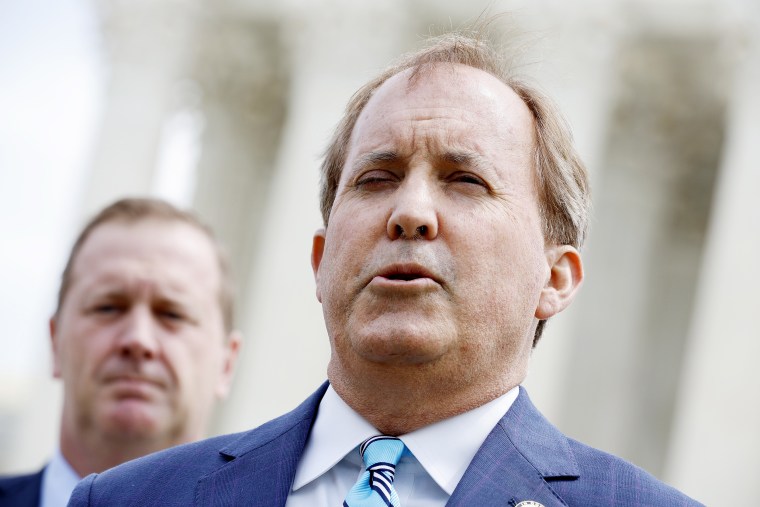When the U.S. Supreme Court last week overturned Roe v. Wade, the dissenting justices wrote that the regressive ruling “places in jeopardy other rights, from contraception to same-sex intimacy and marriage.” Writing for the court’s Republican-appointed majority Justice Samuel Alito dismissed the concerns as foolish.
The far-right jurist suggested his center-left colleagues were simply trying to “stoke unfounded fear that our decision will imperil those other rights.”
As we discussed soon after, Alito probably should’ve taken a closer look at Justice Clarence Thomas’ concurrence, which called on the high court to also “reconsider” a series of prominent cases, which he said deserve to be overturned because they were “demonstrably erroneous decisions.”
Thomas pointed to three specific cases: Griswold v. Connecticut, which said a state can’t restrict married couples’ access to birth control; Lawrence v. Texas, which deemed anti-sodomy laws unconstitutional; and Obergefell v. Hodges, which established marriage equality at the national level.
For Thomas, now is the time to start turning back the clock in each of these areas, allowing states to restrict contraception access, marriage rights for same-sex couples, and even specific sex acts among consenting adults.
Some likely responded to Thomas’ concurring opinion with a shrug. After all, he’s just one justice. It’s not as if there are powerful officeholders in the United States ready to follow suit, right?
It was against this backdrop that the Houston Chronicle reported:
Texas Attorney General Ken Paxton last week seemingly expressed support for the Supreme Court potentially overturning past rulings on cases involving the LGBTQ community following the downfall of Roe v. Wade on Friday.
Late last week, just hours after the Supreme Court issued its ruling in Dobbs v. Jackson Women’s Health Organization, Paxton appeared on a conservative media outlet called News Nation, and the Texas Republican appeared to endorse the idea of revisiting the cases referenced by Thomas.
According to the Chronicle’s report, host Leland Vittert told Paxton, “Obviously the Lawrence case came from Texas.... Would you as attorney general be comfortable defending a law that once again outlawed sodomy? That questioned Lawrence again or Griswold or gay marriage? That came from the state legislature to put to the test what Justice Thomas said?”
“Yeah, I mean there’s all kinds of issues here, but certainly the Supreme Court has stepped into issues that I don’t think there’s any constitutional provision dealing with,” Paxton responded.
The host pressed further, asking, “For the sake of time here, you wouldn’t rule out that if the state legislature passed the same law that Lawrence overturned on sodomy, you wouldn’t have any problem then defending that and taking that case back to the Supreme Court?”
Paxton added, “Yeah, look my job is to defend state law and I’ll continue to do that. That is my job under the Constitution and I’m certainly willing and able to do that.”
According to the Chronicle’s report, Paxton, who’s facing a series of unrelated scandals, was also asked if he’d support Texas legislators testing the law, and the Republican state attorney general didn’t say no.
“I’d have to take a look at it,” Paxton said, adding, “Ultimately, if it’s constitutional, we’re going to go defend it.”
What Thomas wrote in his concurrence is a problem. The fact that a prominent state attorney general seems to agree with Thomas makes that problem worse.

